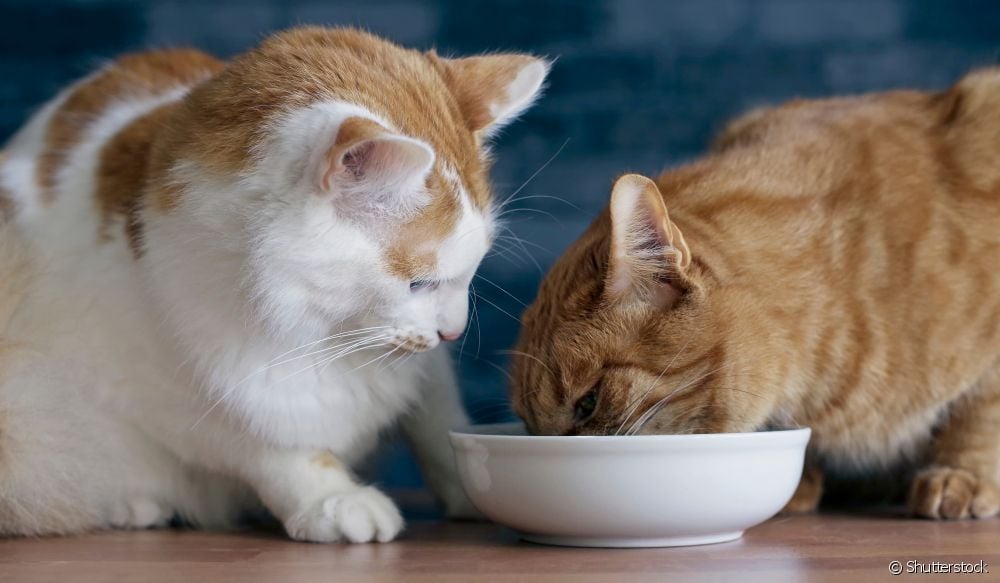Giardia in cats: understand more about the disease, the most common symptoms and how to prevent it

Table of contents
Just like in dogs, giardia in cats is a very common zoonosis. The cat, then, is not immune to contracting this disease, which often goes unnoticed when mistaken for simple diarrhea. Therefore, it is very important to pay attention to the symptoms of giardia in cats and also to look for ways to prevent contamination. To clarify further doubts on the subject, we talked to theveterinarian Carolina Mouco Moretti, who is general director of the Veterinary Hospital Vet Popular, in São Paulo.
Giardia in cats: how does contamination occur?
Giardia is a disease caused by the parasite Giardia lamblia. This protozoan naturally inhabits the intestinal tract of humans and animals and manifests itself through cysts released by the feces of other animals. Considered a zoonosis by the World Health Organization (WHO), the infection is oro-fecal, that is, it is necessary to ingest something that is contaminated with the cysts of the disease.Food that is not properly washed, unfiltered water and objects shared between cats, such as pots and litter boxes that are not properly sanitized, can also transmit the disease.
Giardia in cats: symptoms should be noted early in the course of the disease
It is very important not to let the disease advance in the animal's body to reduce the risks. "There are animals that are contaminated, but do not show symptoms, but puppies are more susceptible to having the most severe form of the disease - especially if they are infected at the weaning stage. Animals with immune deficiency are also more likely to be affected by giardiasis and their pets are more likely to be infected.symptoms," explains the veterinarian. The symptoms of giardia are:
- Dehydration
- Diarrhea (with or without blood and mucus)
- Weight loss
- Lethargy
- Gases
- Vomit
Check that your pet's immunity is not compromised by any disease, such as FIV and FeLV. Cats that do not have as much immune resistance can be greatly harmed by giardia, mainly because it attacks the kitten's intestine - the protozoan feeds on everything the animal eats, compromising the small intestine and preventing it from absorbing the necessary nutrients. If notis treated, it can kill your pet.
How to prevent giardia in cats?

There are some precautions that must be taken to prevent giardia and contagion. The vaccine is a valid option: "For best effectiveness, it should be applied when the kitten is approximately 7 weeks old, with another dose after 3 or 4 weeks. Afterwards, the annual booster must be respected ", he explains. Another important point is to maintain a routine of cleaning and management of the environment where the kitten stays,Filtered water is also essential to prevent the disease.
You can also take some precautions to prevent your kitten from being infected with the disease. Always wash your hands before touching your pet when you come in from the street and, if possible, remove shoes with dirt from the street - after all, your kitten walks, lies and rolls on the floor at home.
See_also: Dog vomiting food? Find out what the problem indicates and what to do
